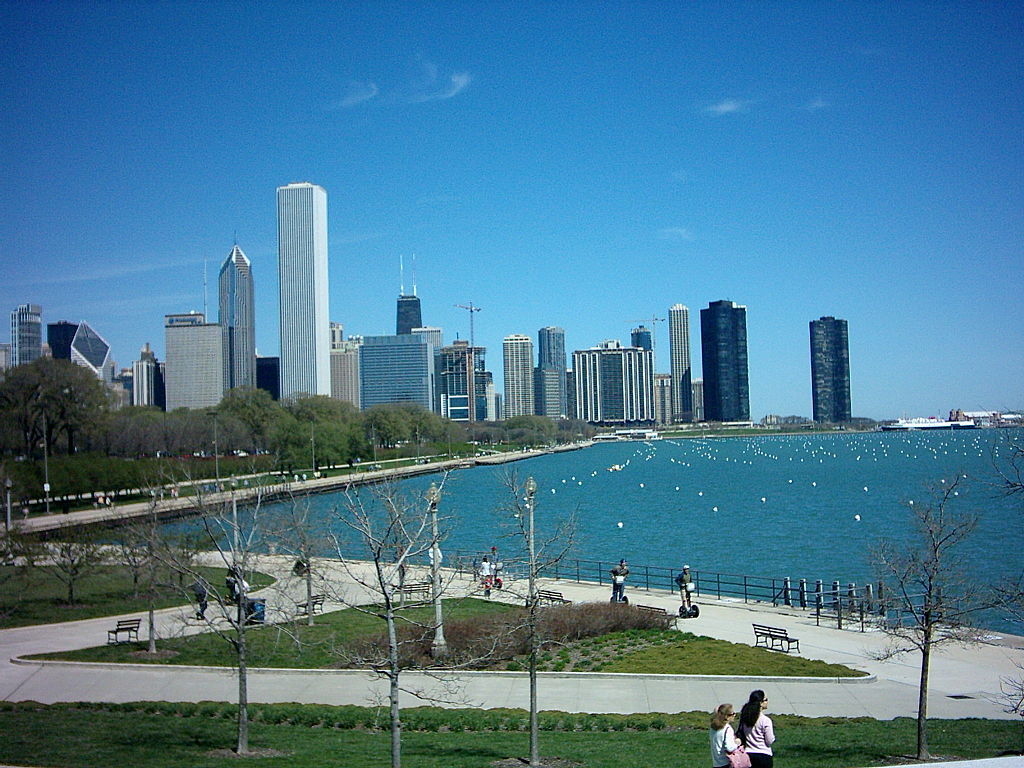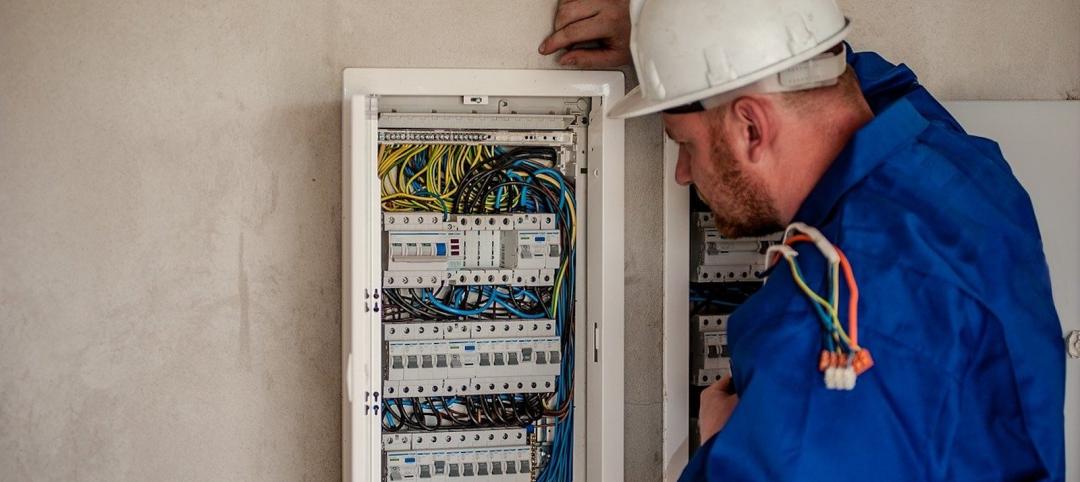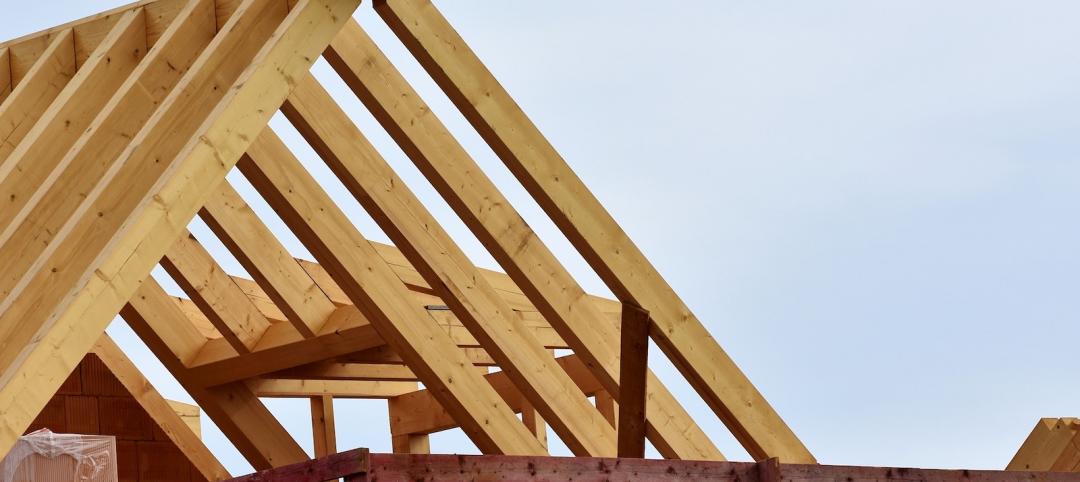The International Organization for Standardization (ISO) has created the first standards to compare services of the world’s cities. The standards provide a way to evaluate a city’s performance based on verified measures on many topics including education, public safety, water, and sanitation. Metrics include those related to air quality, green space, poverty, and health of the population.
ISO wants to encourage higher levels of city service delivery by making the data open and transparent. The data could improve cities’ credit and bond ratings, supporters say, and high-performing cities would be able to argue more forcefully for higher national government assistance and tax sharing. The system could make it tougher for politicians to hide inefficiencies in city policies and administration.
ISO standards makers may also develop measures focused on risk and resilience. Indicators under consideration include the presence of early warning systems focused on threats such as stormwater surges and tornados, or seismic preparedness. The standards are expected to make it easier for cities to compare themselves to others with similar population and characteristics.
Related Stories
Codes and Standards | Mar 7, 2022
Massachusetts proposed energy code changes don’t ban gas
Proposed changes to the Massachusetts energy code would provide incentives for builders to fully electrify buildings, but not impose a ban on natural gas hookups.
Codes and Standards | Mar 4, 2022
Construction industry faces a 650,000 worker shortfall in 2022
The U.S. construction industry must hire an additional 650,000 workers in 2022 to meet the expected demand for labor, according to a model developed by Associated Builders and Contractors.
Codes and Standards | Mar 4, 2022
FAA offers $1 billion in grants for airport terminal and tower projects
The Federal Aviation Administration (FAA) is now accepting applications for about $1 billion in grants for airport projects during fiscal year 2022.
Codes and Standards | Mar 1, 2022
Engineering Business Sentiment study finds optimism despite growing economic concerns
The ACEC Research Institute found widespread optimism among engineering firm executives in its second quarterly Engineering Business Sentiment study.
Codes and Standards | Feb 28, 2022
Low-cost concrete alternative absorbs CO2
Researchers at Worcester Polytechnic Institute have developed a new CO2-absorbing material that’s a low-cost alternative to concrete.
Multifamily Housing | Feb 25, 2022
First set of multifamily properties achieve BREEAM certification in the U.S.
WashREIT says it has achieved certification on eight multifamily assets under BREEAM’s In-Use certification standard.
Codes and Standards | Feb 24, 2022
Most owners adapting digital workflows on projects
Owners are more deeply engaged with digital workflows than other project team members, according to a new report released by Trimble and Dodge Data & Analytics.
Codes and Standards | Feb 21, 2022
More bad news on sea level rise for U.S. coastal areas
A new government report predicts sea levels in the U.S. of 10 to 12 inches higher by 2050, with some major cities on the East and Gulf coasts experiencing damaging floods even on sunny days.
Codes and Standards | Feb 21, 2022
New standard for ultraviolet germicidal irradiation
The Illuminating Engineering Society (IES) recently introduced the standard, ANSI/IES RP-44-21 Recommended Practice: Ultraviolet Germicidal Irradiation.
Wood | Feb 18, 2022
$2 million mass timber design competition: Building to Net-Zero Carbon (entries due March 30!)
To promote construction of tall mass timber buildings in the U.S., the Softwood Lumber Board (SLB) and USDA Forest Service (USDA) have joined forces on a competition to showcase mass timber’s application, commercial viability, and role as a natural climate solution.

















